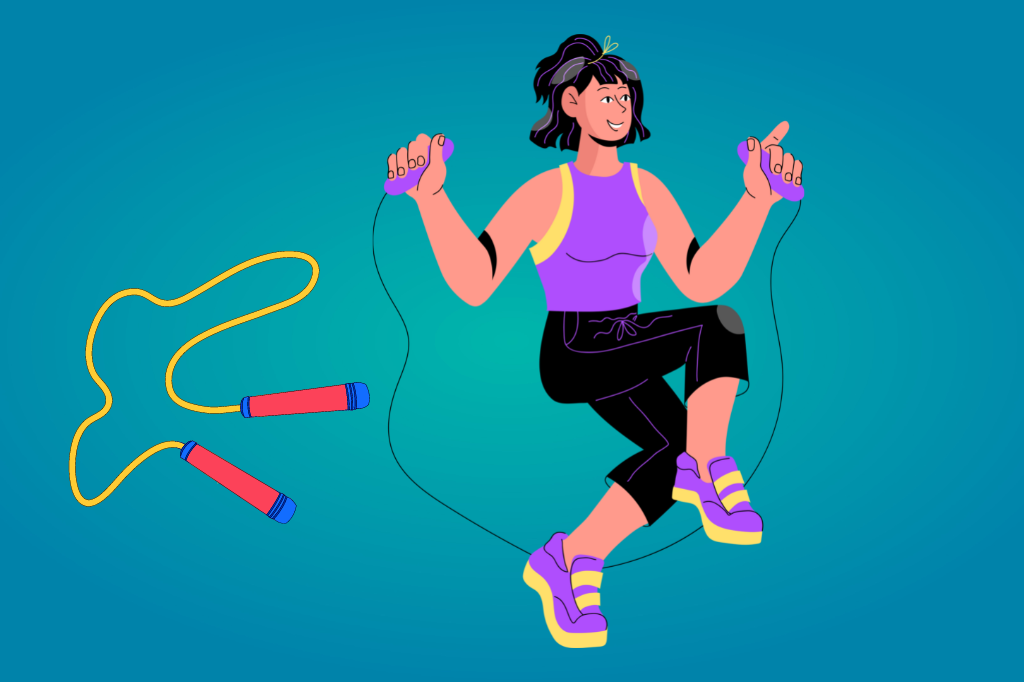Are You Over 40? These 7 Signs Mean You Might Need Reading Glasses
As you age, especially after you hit the 40-year mark, you might notice some changes in how well you see things up close. This is a normal part of aging called presbyopia, and it affects almost everyone. If you’re wondering whether it’s time to embrace reading glasses, here are seven signs to look out for. Keep in mind that these clues are your body’s way of saying, “Hey, it might be time for a little help to see more clearly.”

1. Squinting to Read
If you find yourself squinting to read text that used to be clear as day, it’s a telltale sign. Squinting narrows your eye’s aperture, somewhat improving your focus temporarily. But, if you’re doing this often, it’s a hint that your eyes might appreciate reading glasses.
2. Holding Books or Menus Farther Away
Do you catch yourself holding reading materials at arm’s length to make out the words? When your arms feel like they’re not long enough, it’s because your eyes are struggling to focus on objects close to you, a common sign that reading glasses could be beneficial.
3. Headaches After Reading
Experiencing headaches after spending time reading or doing close work can indicate that your eyes are overworking. This extra effort can cause eye strain, leading to headaches. Reading glasses can help by reducing the strain on your eyes.
4. Difficulty Reading in Dim Light
If reading in dim light becomes harder, and you need to move to brighter areas to read comfortably, it might mean your eyes need assistance. Proper lighting and reading glasses can make a big difference in how well you see up close.
5. Blurred Vision at Close Range
When the words on your page or screen start to blend together, it’s not just a sign of tiredness; it could indicate that your eyes are having a hard time focusing on close-up objects, a clear signal for the need for reading glasses.
6. Eye Fatigue or Strain
Feeling like your eyes are tired or experiencing a burning sensation after a short period of reading or working on the computer suggests that your eyes are under stress. Reading glasses can alleviate this discomfort by helping your eyes focus more easily.
7. Needing More Light to Read
As you age, you might need more light to see as clearly as you once did. If you find yourself turning up the brightness on your devices or seeking out more lamps, it’s a sign that reading glasses might improve your comfort and clarity.
Reading glasses are a simple yet effective way to address these signs of aging eyes. They can significantly improve your quality of life, making reading and close work more enjoyable again. If you’re experiencing any of these signs, consider scheduling an appointment with an eye care professional. They can confirm whether reading glasses are right for you and help you find the perfect pair.
Frequently Asked Questions
Can I just buy any reading glasses?
It’s better to get your eyes checked first. An eye care professional can tell you the right magnification for your reading glasses. Over-the-counter glasses work for many, but it’s best to ensure they fit your specific needs.
How do I know if my reading glasses are too strong?
If you experience headaches or vertigo, or if your eyes feel more strained with your glasses than without, they might be too strong. Consulting with an eye care professional can help adjust the strength properly.
Will using reading glasses make my eyesight worse?
No, using reading glasses won’t make your eyesight worse. They’re designed to assist your eyes and reduce strain, making reading and close work more comfortable.
Bear in mind that embracing reading glasses is a step toward ensuring your eyes are getting the support they need as you age. It’s all about enhancing your daily life and enjoying the little things, like reading a favorite book or scrolling through your phone, without any strain.






